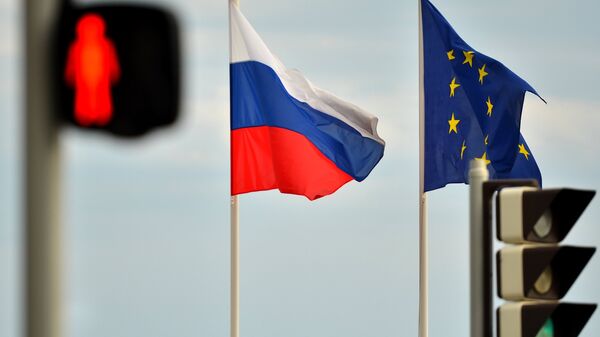"If sanctions are prolonged for another six months, it will be terrible for enterprises in Italy and all of Europe," said Ferlenghi, who is president of Confindustria Russia, an association of companies which do business in Russia.
As well as the Italian food industry, which has suffered from the effects of Russian counter-sanctions, the technology and engineering sectors of Italian industry have been most affected by the sanctions that the EU imposed against some Russian companies last year.
They are the country's main export to Russia, explained Ferlenghi, and provide the equipment used to prospect for fossil fuels in deep waters such as the Arctic Ocean.
Italienische Wirtschaft fordert sofortigen Stopp der #Russland-#Sanktionen https://t.co/DicSBCMux2 via @DWN_de #Italien
— DWN (@DWN_de) 15 декабря 2015
The Italian economy calls for an immediate halt to sanctions against Russia.
Ferlenghi also stressed the importance of the geopolitical cooperation between Russia and the EU, particularly with regard to fighting terrorism in the Middle East.
"Europe without Russia doesn't work, and neither does Russia without Europe," said Ferlenghi.
The leaders of the EU are slated to discuss the possibility of continuing sanctions against Russia at an EU summit this week, following discussions last week in which the Italian government requested further deliberation of the matter, rather than their automatic prolongation. The sanctions which are currently in place against some Russian companies and individuals were extended in July 2015, and will run out on January 31, 2016 unless prolonged.




